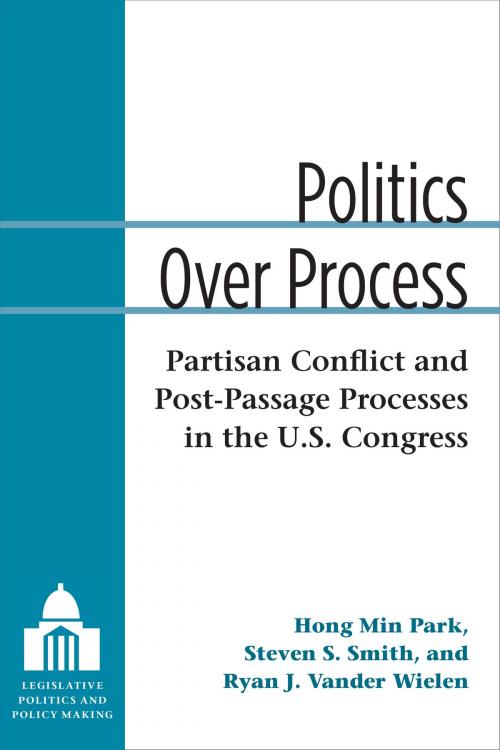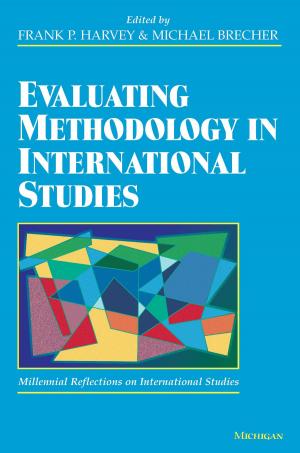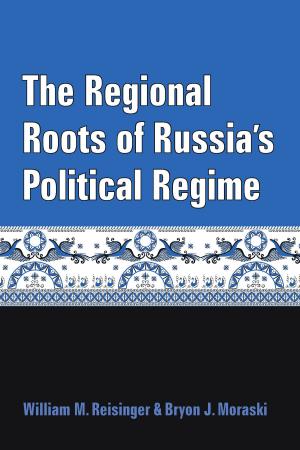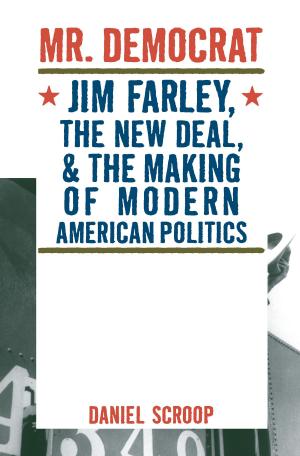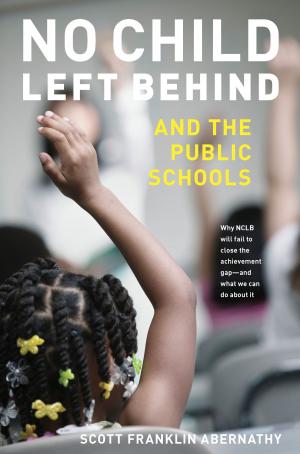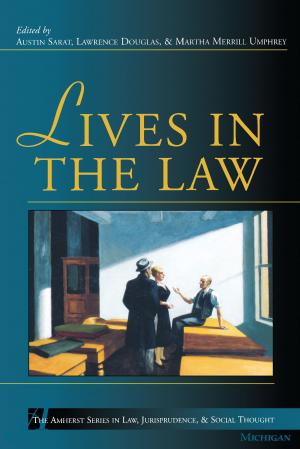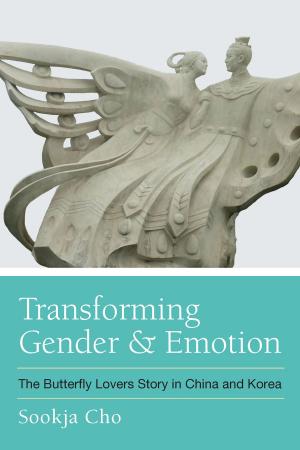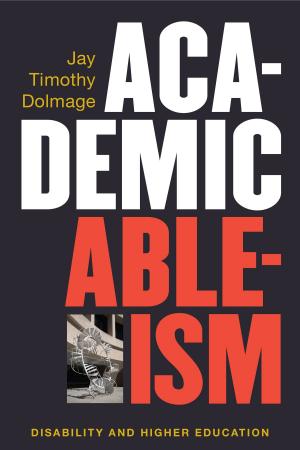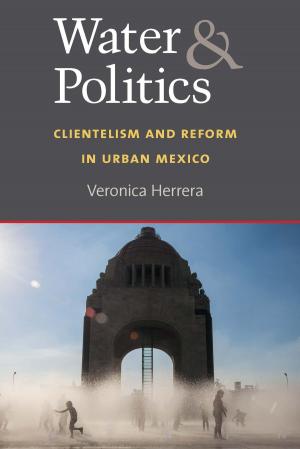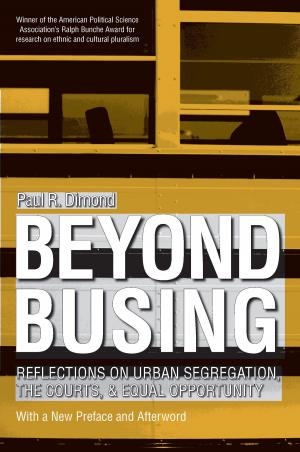Politics Over Process
Partisan Conflict and Post-Passage Processes in the U.S. Congress
Nonfiction, Social & Cultural Studies, Political Science, Government, Public Policy| Author: | Ryan J Vander Wielen, Steven S Smith, Hong Min Park | ISBN: | 9780472123186 |
| Publisher: | University of Michigan Press | Publication: | November 16, 2017 |
| Imprint: | University of Michigan Press | Language: | English |
| Author: | Ryan J Vander Wielen, Steven S Smith, Hong Min Park |
| ISBN: | 9780472123186 |
| Publisher: | University of Michigan Press |
| Publication: | November 16, 2017 |
| Imprint: | University of Michigan Press |
| Language: | English |
Although the U.S. Constitution requires that the House of Representatives and the Senate pass legislation in identical form before it can be sent to the president for final approval, the process of resolving differences between the chambers has received surprisingly little scholarly attention. Hong Min Park, Steven S. Smith, and Ryan J. Vander Wielen document the dramatic changes in intercameral resolution that have occurred over recent decades, and examine the various considerations made by the chambers when determining the manner in which the House and Senate pursue conciliation. Politics Over Process demonstrates that partisan competition, increasing party polarization, and institutional reforms have encouraged the majority party to more creatively restructure post-passage processes, often avoiding the traditional standing committee and conference processes altogether.
Although the U.S. Constitution requires that the House of Representatives and the Senate pass legislation in identical form before it can be sent to the president for final approval, the process of resolving differences between the chambers has received surprisingly little scholarly attention. Hong Min Park, Steven S. Smith, and Ryan J. Vander Wielen document the dramatic changes in intercameral resolution that have occurred over recent decades, and examine the various considerations made by the chambers when determining the manner in which the House and Senate pursue conciliation. Politics Over Process demonstrates that partisan competition, increasing party polarization, and institutional reforms have encouraged the majority party to more creatively restructure post-passage processes, often avoiding the traditional standing committee and conference processes altogether.
